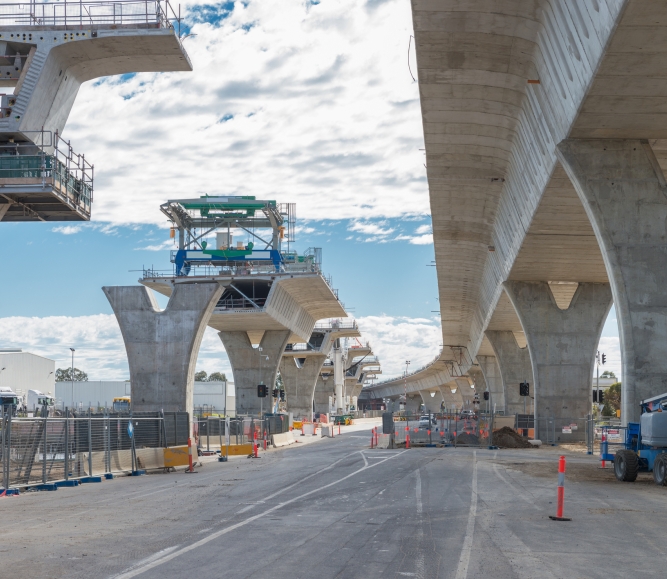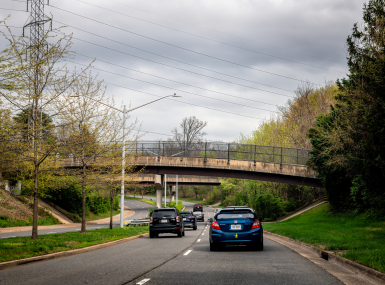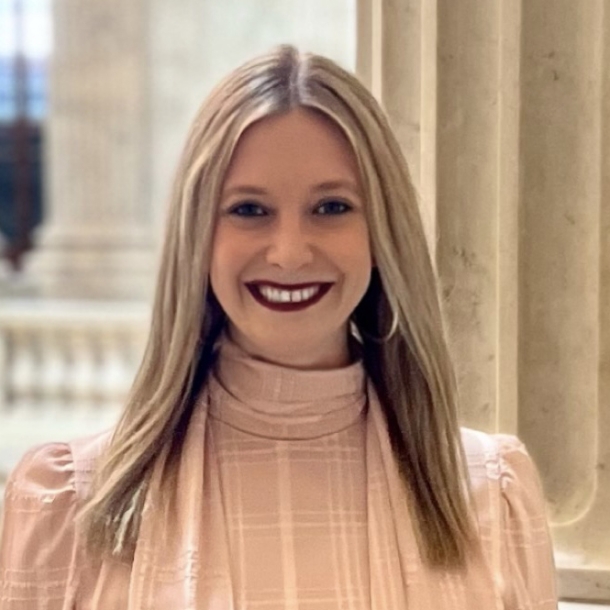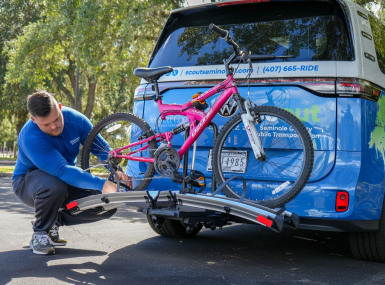Counties directly eligible for $1.3 billion in USDOT electric vehicle charging grants
Author
Upcoming Events
Related News

Key Takeaways
On May 30, the U.S. Department of Transportation (USDOT) Federal Highway Administration released a Notice of Funding Opportunity (NOFO) for Round Two of the Charging and Fueling Infrastructure Discretionary Grant Program (CFI). Established by the Bipartisan Infrastructure Law (BIL), the CFI program combines funding from Fiscal Years 2024 and 2025 to make $1.3 billion available through competitive grants for the deployment of electric vehicle (EV) charging stations, as well as hydrogen, propane and natural gas fueling infrastructure.
Counties are eligible to apply directly to USDOT for this program through the deadline at 11:59 PM ET on August 28, 2024. Additionally, counties who applied for a grant under Round One of the CFI program but were unsuccessful may apply for reconsideration under this NOFO by July 1, 2024.
The CFI program will fund the planning and construction of publicly accessible EV chargers in and around local communities through two subgrants:
Community Charging and Fueling Grants
- Funds project on any public road or publicly accessible location
- Allows contracting with a private entity
- Minimum award = $500,000; maximum award = $15 million
- Must demonstrate benefits will flow to Justice40 communities and is encouraged to reduce greenhouse gas emissions
Corridor Grants
- Must be publicly accessible and located along a designated Alternative Fuel Corridor or within five miles of a highway
- Must be used to contract with a private entity
- Minimum award = $1 million; no maximum award
- Must demonstrate benefits will flow to Justice40 communities and address environmental justice
The NOFO also makes $220 million available from a set-aside in the National Electric Vehicle Infrastructure Formula Program (NEVI) for grants to states and local governments that require additional assistance to strategically deploy electric vehicle charging infrastructure.
Unlike NEVI, CFI awards can be used to place chargers locally as opposed to along the National Highway System; however, the BIL still requires recipients of CFI funds to follow certain minimum standards and requirements outlined in the NEVI guidance. Additionally, as part of President Biden’s Justice40 Initiative, this program has an emphasis on investing in rural, underserved and disadvantaged communities.
The federal share for all CFI projects is 80 percent. Counties who contract with a private entity using any of the grants funds must include a condition requiring that entity to cover the 20 percent local match requirement. USDOT has hosted two webinars on the CFI NOFO that can be found here.
Counties play a major role in America's transportation and infrastructure network, owning and operating 44 percent of public roads and 38 percent of bridges. Federal funding opportunities like CFI allow counties to continue to modernize our infrastructure while building a more sustainable future.
Resource
Implementing Infrastructure Investments at the County Level: The Bipartisan Infrastructure Law (P.L. 117-58)

Related News

Local government organizations send letter in support of the BASICS Act to congressional leaders
On February 16, nearly 80 state associations of counties and municipal leagues representing local governments in all 50 states sent a letter to the leaders of the U.S. House Committee on Transportation and Infrastructure and the U.S. Senate Committee on Environment and Public Works expressing their support for the Bridges And Safety Infrastructure for Community Success (BASICS) Act (H.R. 7437) and urging its inclusion in the next surface transportation reauthorization bill.

U.S. House members introduce NACo-endorsed, bipartisan BASICS Act to improve transportation programs for local infrastructure
On February 9, Reps. Kristen McDonald Rivet (D-Mich.) and Robert Bresnahan (R-Pa.) introduced the Bridges And Safety Infrastructure for Community Success (BASICS) Act.

